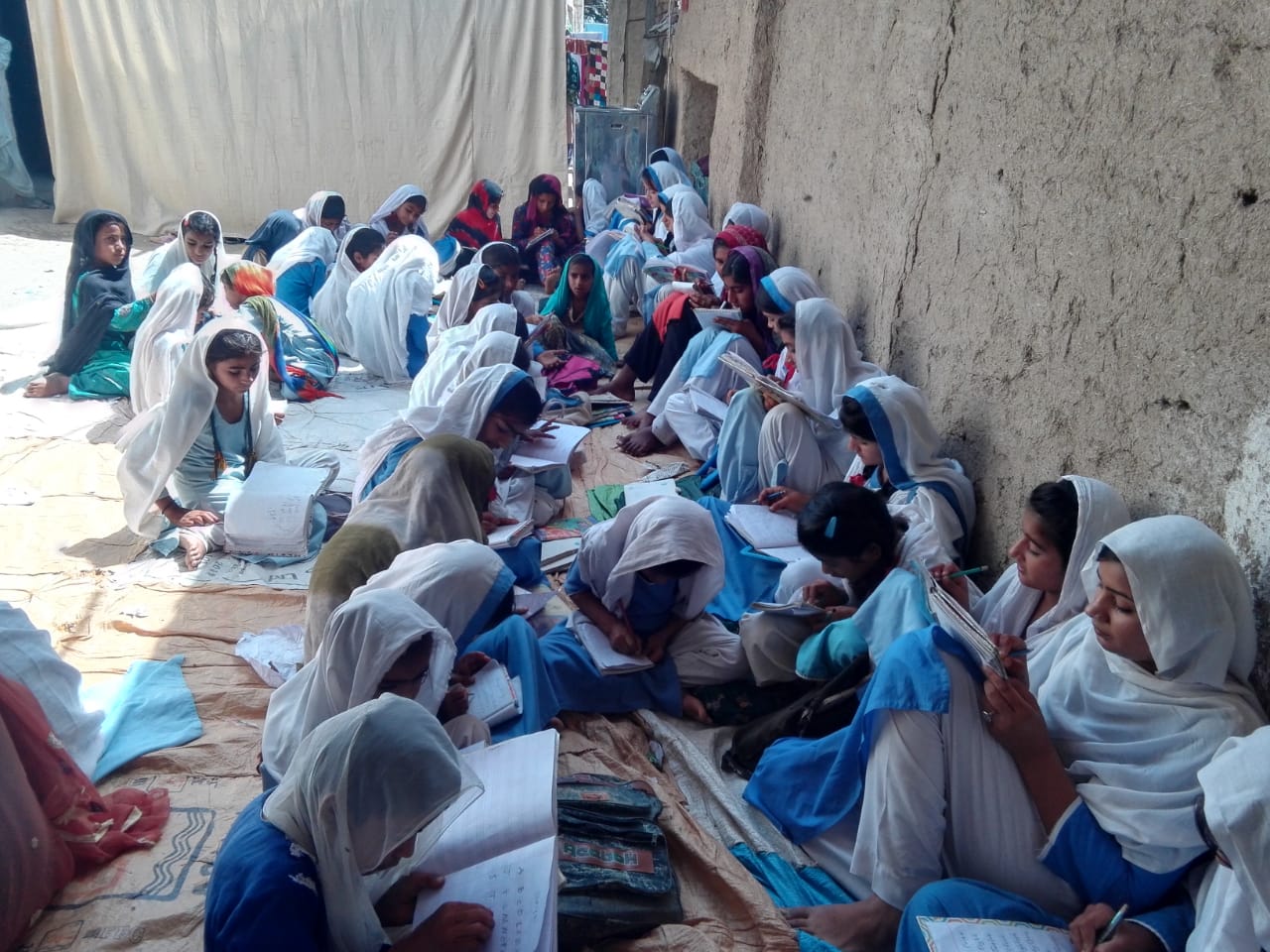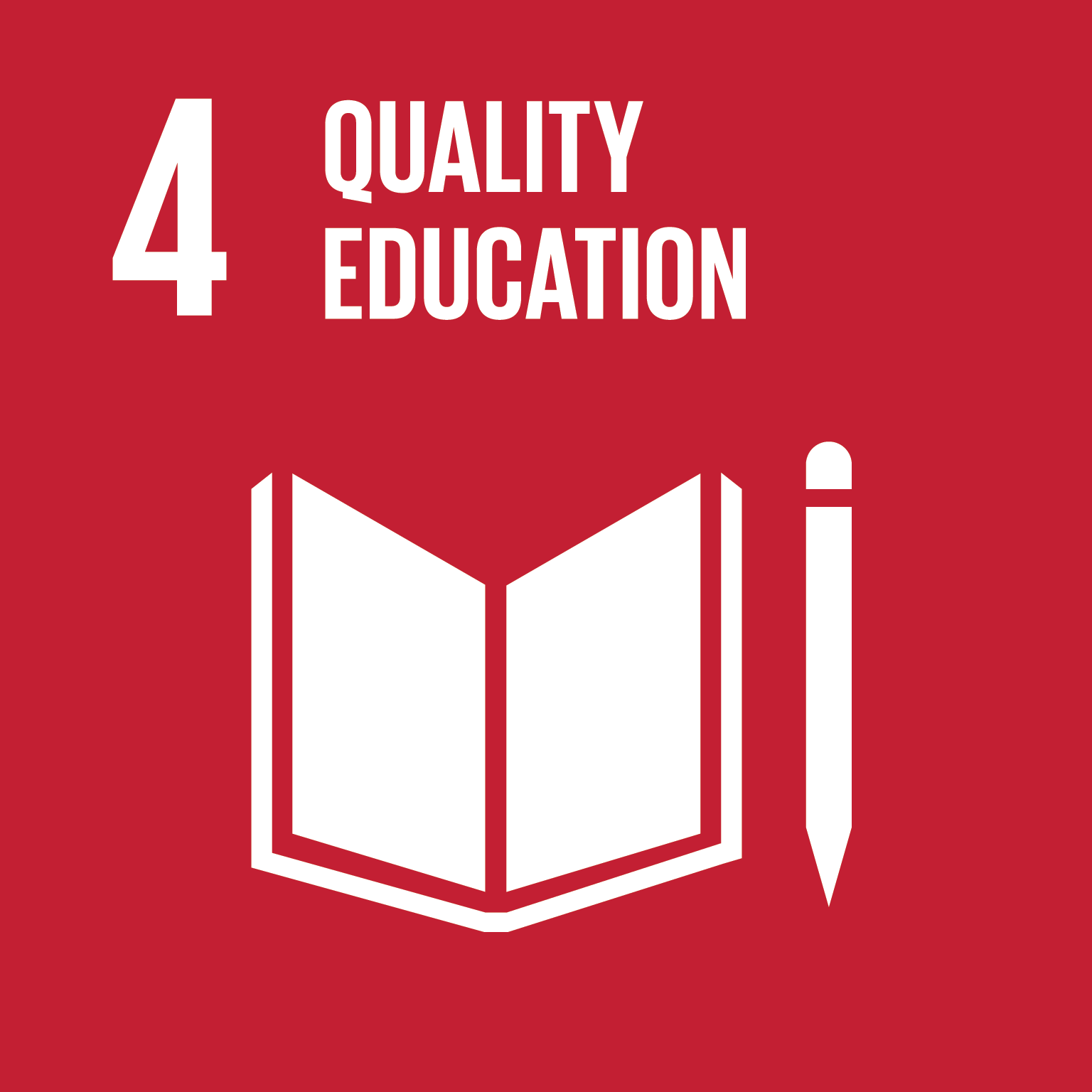Pakistan is a postcolonial nation-state whose complex and diverse society makes it an ideal context for realizing the spirit of pluralism, and developing a respect for diversity as a source of strength, not a weakness and threat.
Pakistan is a postcolonial nation-state whose complex and diverse society makes it an ideal context for realizing the spirit of pluralism, and developing a respect for diversity as a source of strength, not a weakness and threat. In recent years, however, fundamentalism and violent extremism have taken large parts of Pakistani society hostage, leading to the death of around 65000 people, an economic loss of billions of rupees, along with damaging the international standing of the country. The situation has made promotion of pluralism and respect for diversity more crucial for contemporary Pakistani society. In this context, it is critically important to study the educational curriculum and textbooks materials to identify and analyse the ways in which the cultural politics of curriculum development in Pakistan works to promote or hinder pluralism and inclusion.
The United Nations Sustainable Development Goal 4 (SDG 4), Ensure inclusive and equitable quality education and promote lifelong learning opportunities for all), and its key targets for 2030, recognises that education is one of the key instruments for achieving this goal of respect for diversity and pluralism. The promotion of tolerance and social harmony are the expressed goals of education in Pakistan, however, the potential for pluralism is yet to be realised. The country, with 22.84 million children out of school, and 40% of adults unable to read or write, is facing basic issues of access to schooling and education. As a consequence, Pakistan, has paid little attention to more sophisticated ideals of education, such as to promote pluralism through educational curriculum and textbooks.

In this context, the current study aims to examine and analyse educational policy discourses, curriculum and textbooks of the Pakistan Studies course in Grades 9 and 10 from federal and three provincial Boards. This analysis will be framed by locating the stated aims of social inclusion and harmony in the context of the ‘cultural politics’ of education development in postcolonial Pakistan. In doing so, it aims to identify the key elements that promote or hinder pluralism. The study will also engage with the ways in which SDG 4 can provide a framework for action to reshape the ‘cultural politics’ of educational development in Pakistan to achieve the aims of enhanced pluralism, inclusion and respect for diversity.
Project timeline: 2018 - 2022
Key contributors: Sher Rahmat Khan, Peter Kelly and Seth Brown




